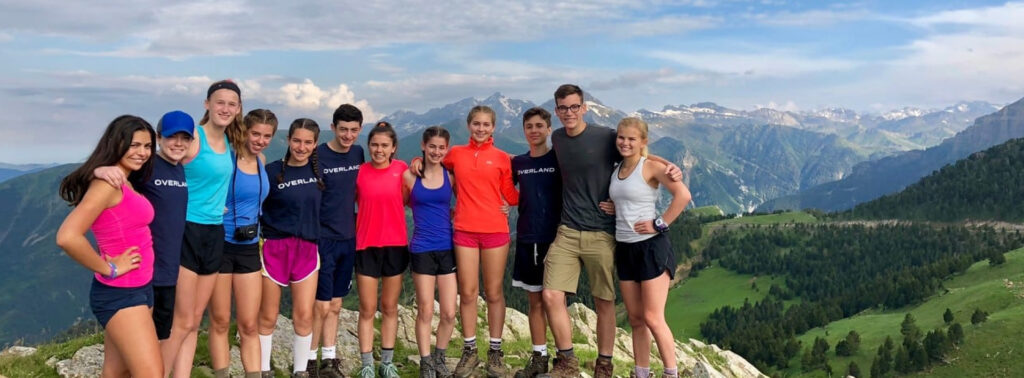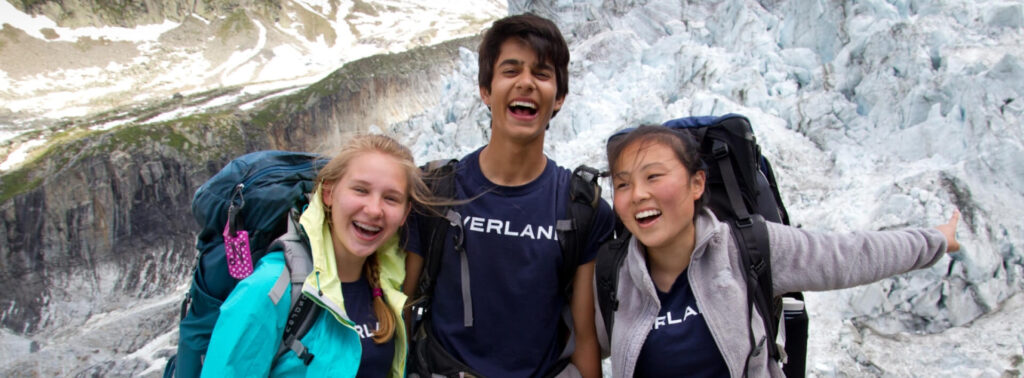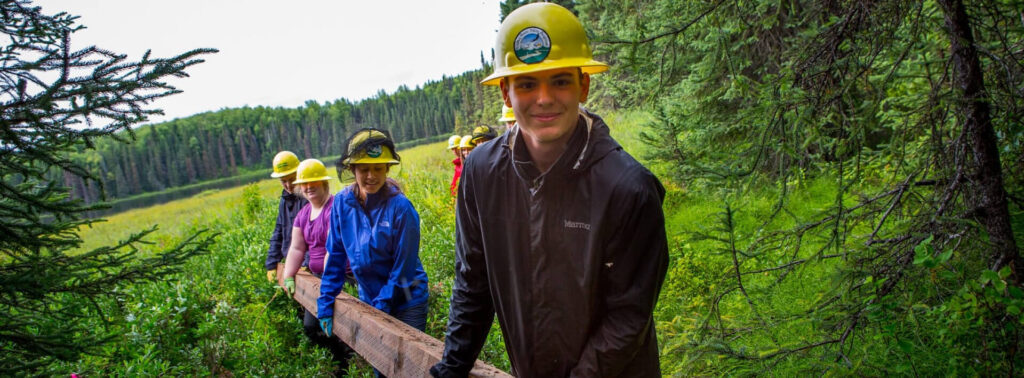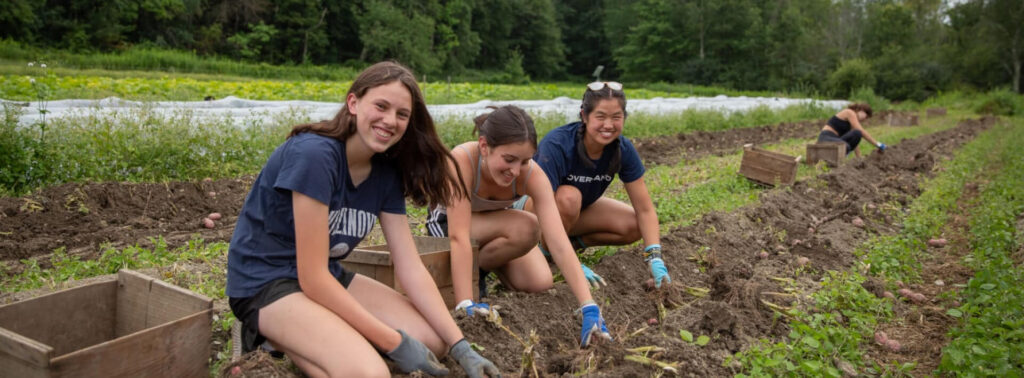
Language & Hiking Spain
Grades 8 - 10 | 3 weeks | $7,795
Sun, June 23
-
Fri, July 12
Sun, July 14
-
Fri, August 2


